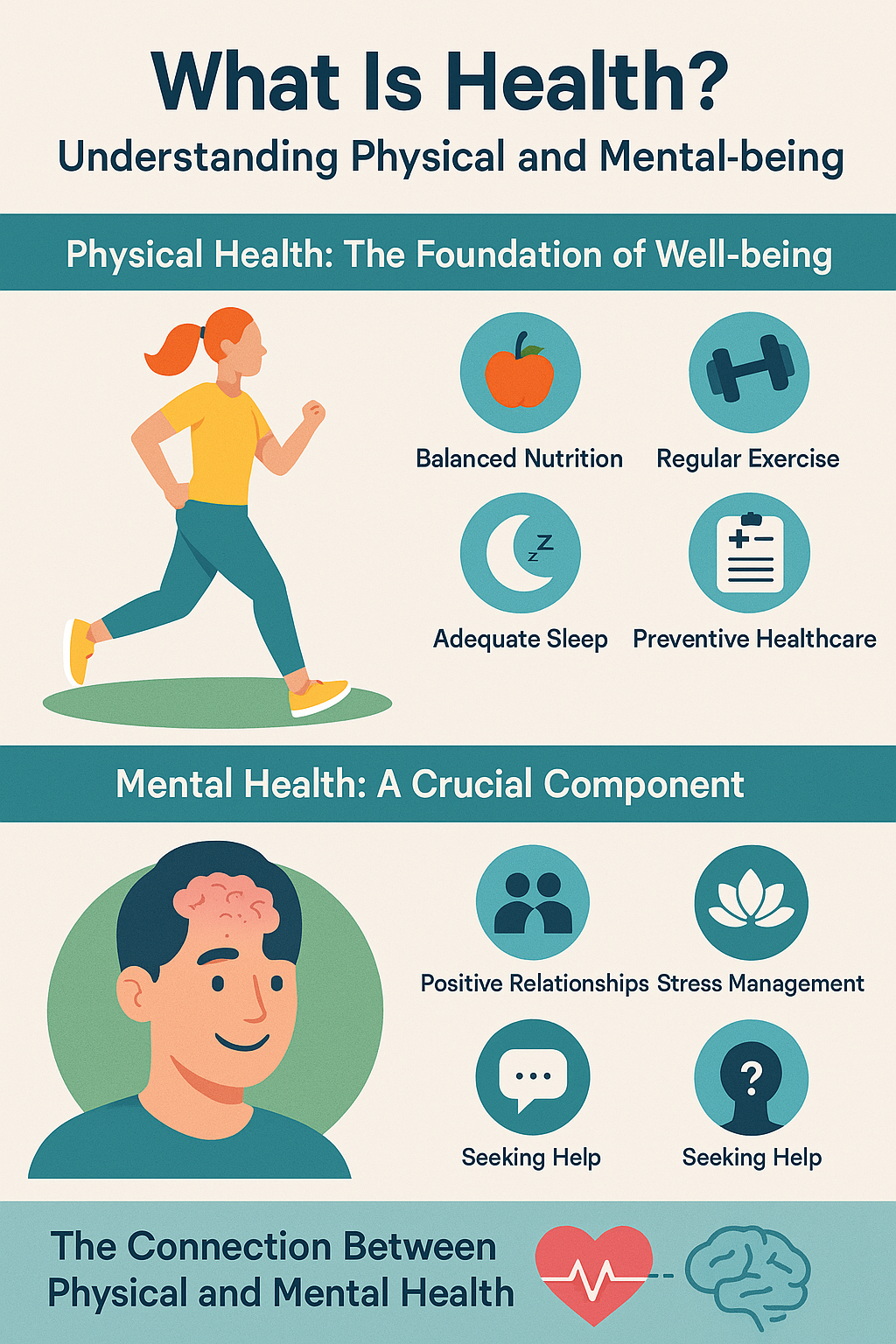The immune system is a complex network of cells, tissues, and organs that work together to defend the body against harmful pathogens like bacteria, viruses, fungi, and toxins. It is a crucial component of our overall health, helping to prevent infections and diseases while also promoting healing and recovery.
How the Immune System Works
The immune system has multiple layers of defense mechanisms that protect the body. These include:
- Innate Immunity (First Line of Defense)
The body’s natural barriers, such as the skin, mucus membranes, and stomach acid, act as the first line of defense against invading pathogens.
White blood cells, such as macrophages and natural killer cells, detect and destroy foreign invaders before they can spread.
- Adaptive Immunity (Second Line of Defense)
This part of the immune system develops over time and is highly specific in targeting pathogens.
B cells produce antibodies that recognize and neutralize harmful microorganisms.
T cells help destroy infected cells and coordinate the immune response.
- Memory Cells
After exposure to a pathogen, the immune system creates memory cells that recognize the invader in the future, providing long-term immunity.
This is the basis of vaccinations, which help the body develop immunity against specific diseases.
Factors That Strengthen the Immune System
A healthy immune system depends on various lifestyle factors, including:
Proper Nutrition: Eating a balanced diet rich in vitamins and minerals, such as Vitamin C, D, and zinc, supports immune function.
Regular Exercise: Moderate physical activity helps improve circulation and immune response.
Adequate Sleep: Quality sleep allows the body to repair and regenerate immune cells.
Stress Management: Chronic stress weakens the immune system, so relaxation techniques like meditation and yoga can help.
Hydration: Drinking enough water helps the body function optimally and flush out toxins.
Good Hygiene Practices: Washing hands regularly and maintaining cleanliness prevent infections.
Vaccination: Immunizations train the immune system to recognize and fight diseases effectively.
Common Immune System Disorders
Sometimes, the immune system does not function properly, leading to:
Autoimmune Diseases: Conditions like rheumatoid arthritis and lupus occur when the immune system mistakenly attacks the body’s own tissues.
Immunodeficiency Disorders: Diseases such as HIV/AIDS weaken the immune system, making individuals more susceptible to infections.
Allergies: An overactive immune response to harmless substances like pollen or certain foods can cause allergic reactions.
Conclusion
The immune system plays a vital role in keeping us healthy by defending against harmful pathogens. By maintaining a healthy lifestyle, managing stress, and staying up to date with vaccinations, we can support our immune system’s ability to function efficiently. A strong immune system is key to a long, healthy life.
Reduce Stress with Flutter Bees Game
Looking for a fun way to relax and reduce stress? Try Flutter Bees, an engaging clicker game and bee hive defense challenge. This game helps you unwind by tapping your way to higher scores while enjoying exciting tasks. Watching your points increase and completing in-game challenges makes it both fun and rewarding. Playing Flutter Bees is an enjoyable way to relieve stress and boost mental relaxation. Check it out here: Flutter Bees








Leave a Reply